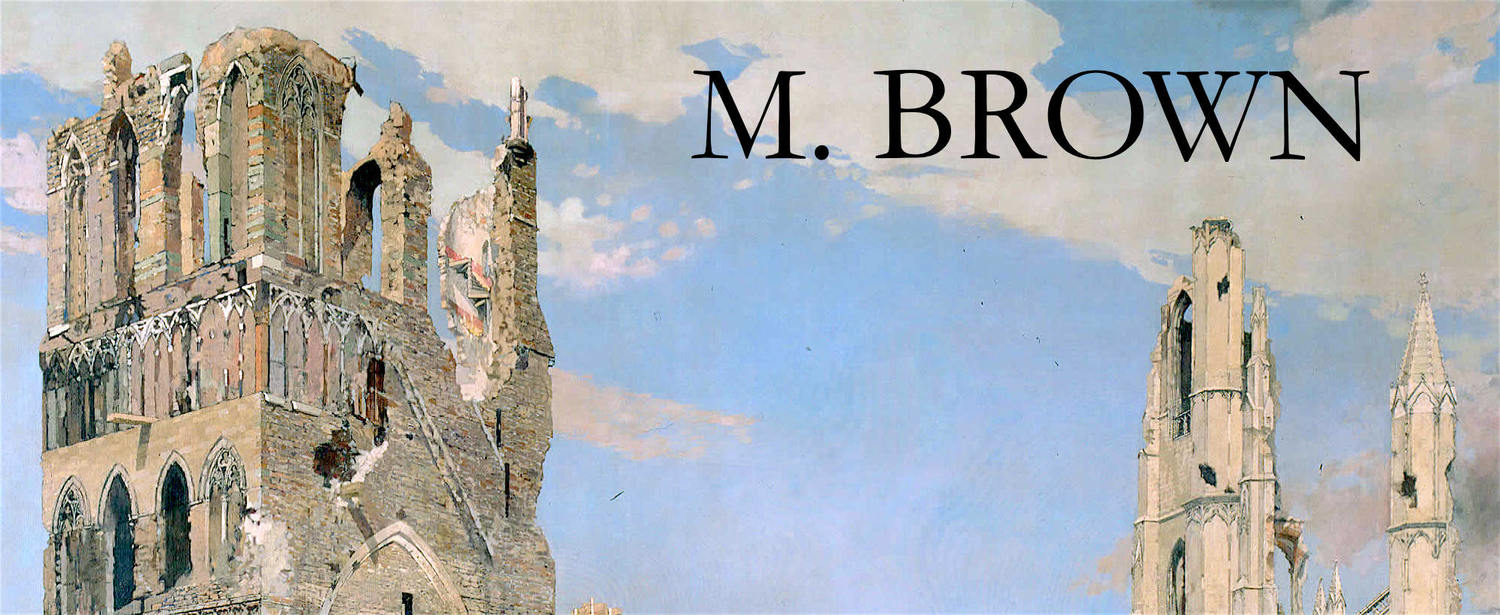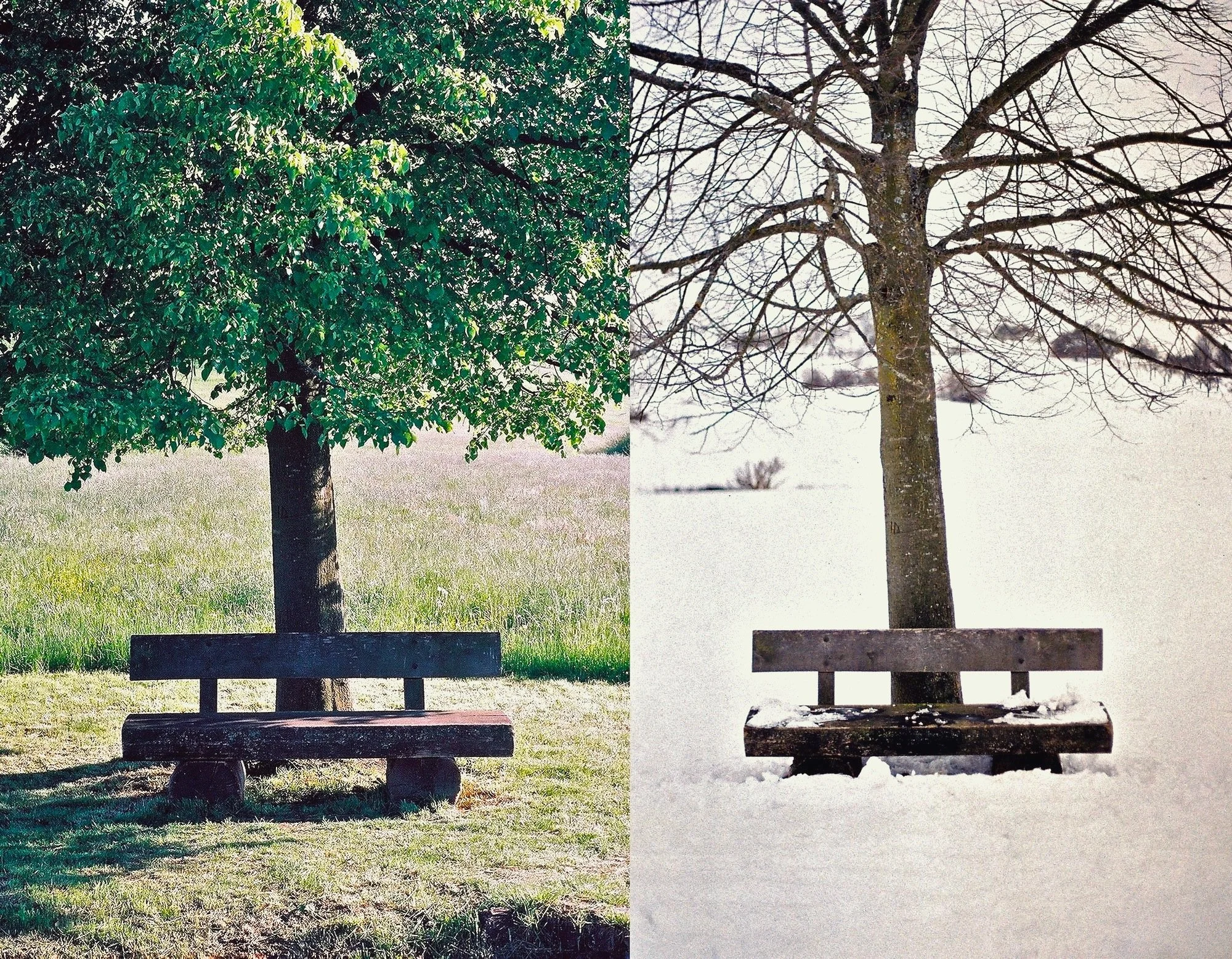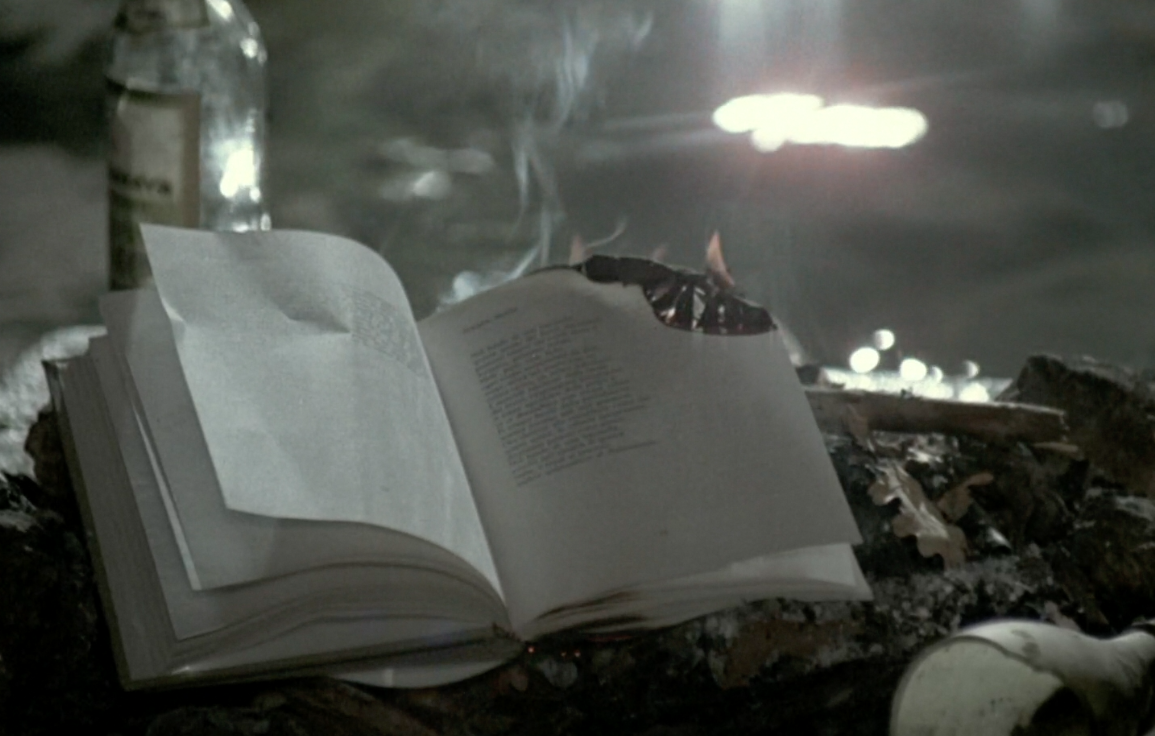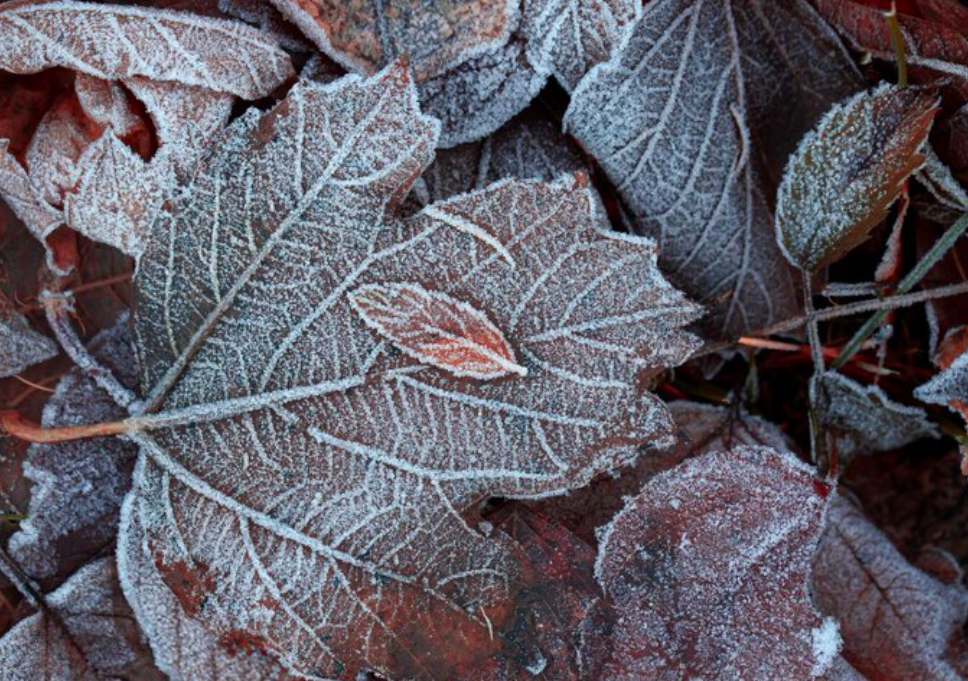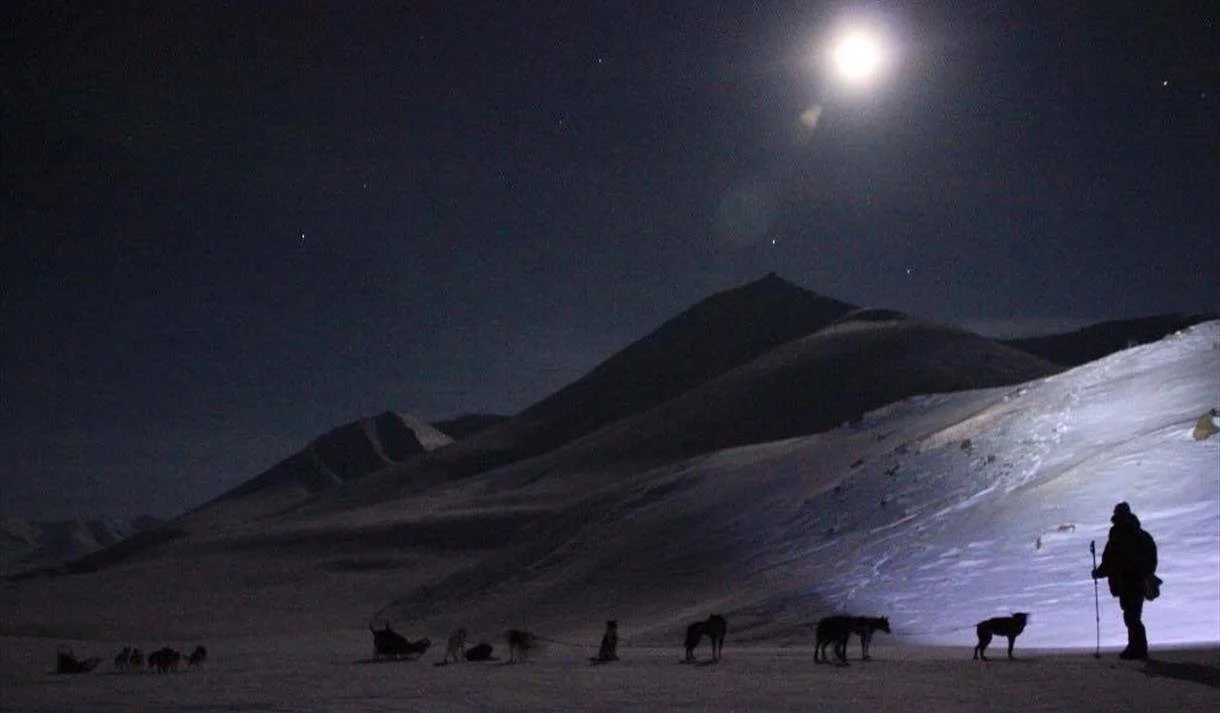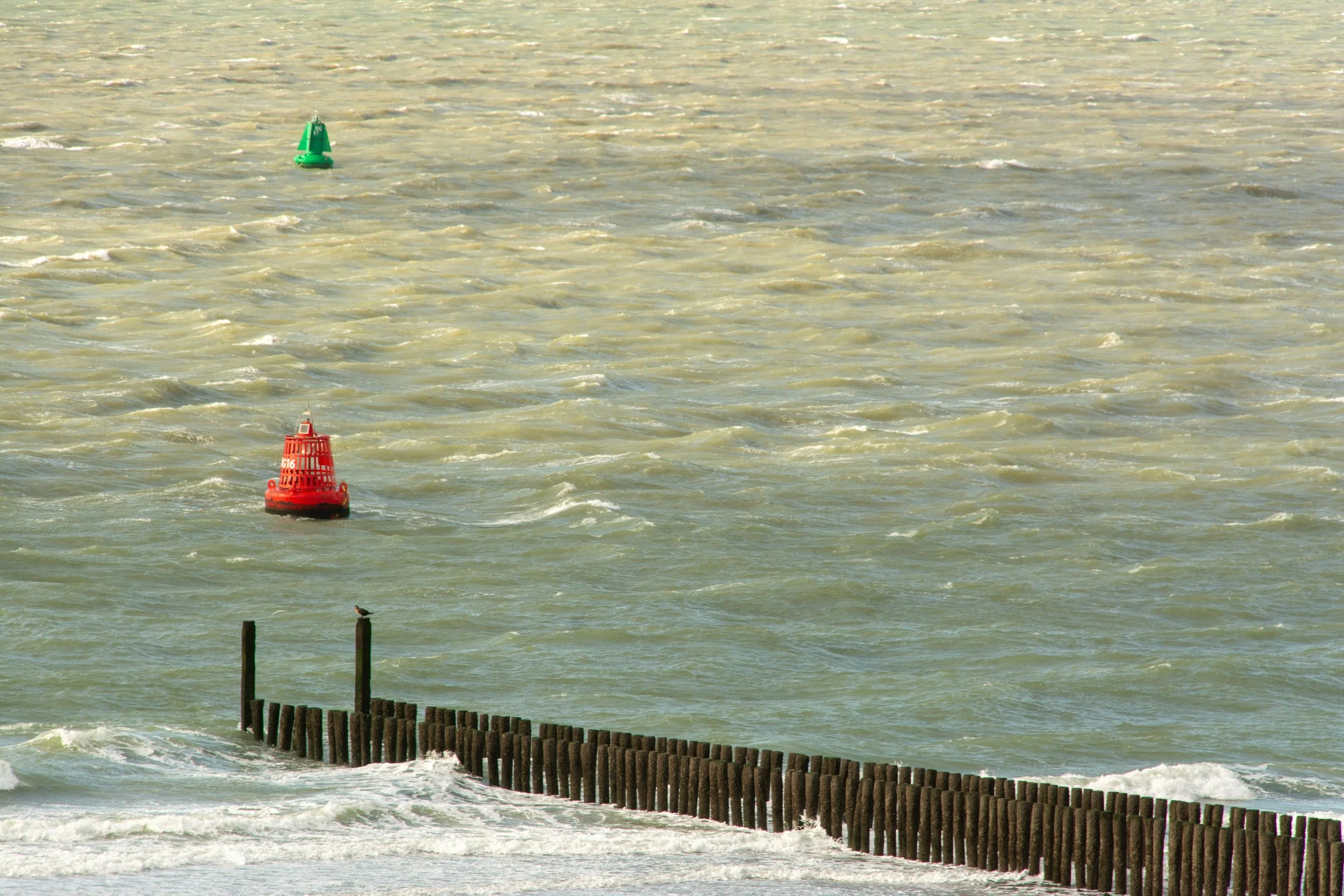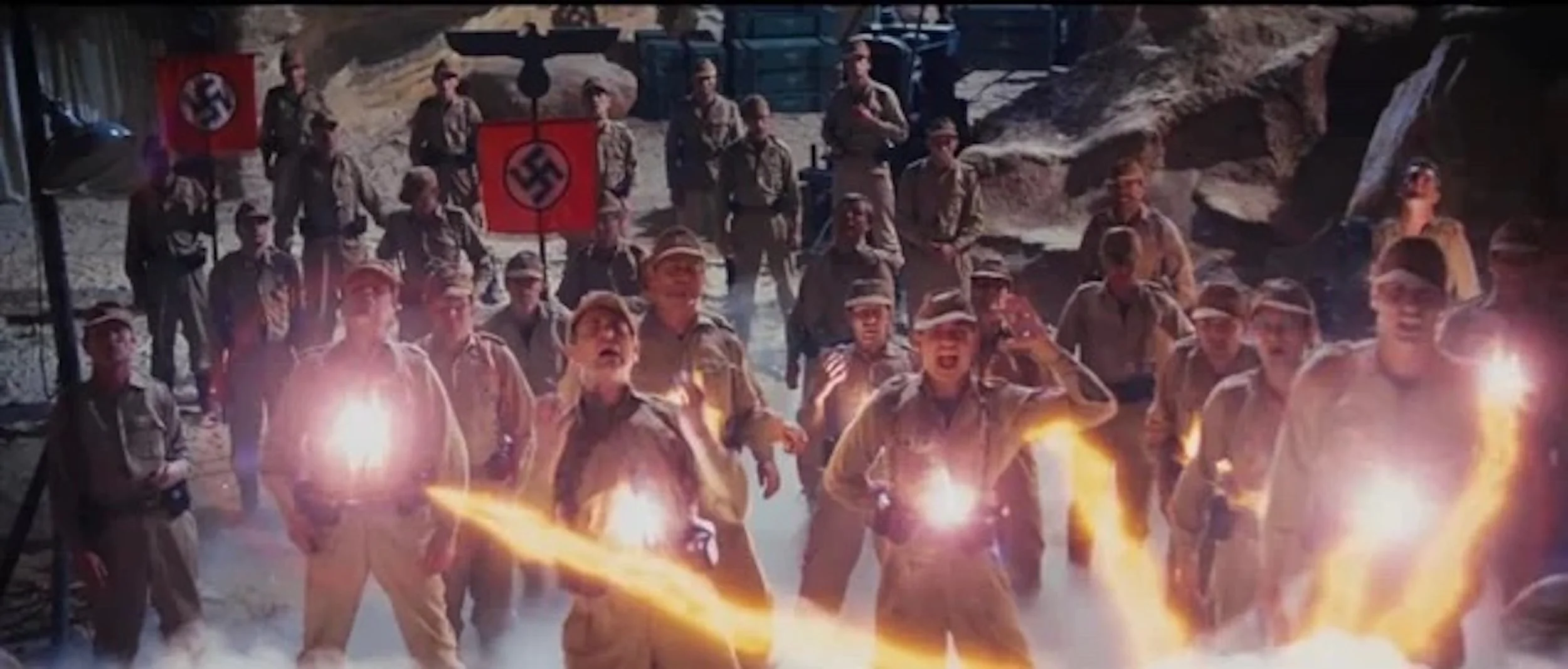Views towards Mauern (2007 | 2023)
View towards Mauern (May 2007)
Ripply stream that runs the vale taking
its sweet time is maker, and all else
seems bed-mud, placed there
pebbles, slight wake.
The hull manor shelled in wartime
across the road from farm and chapel
hides tulips bedded dense
under its four remnant walls
with render tattered and moss-tinged
canvas crumbling from ragstone
masonry, unrecognizable.
Old orchard pent with juniper
amid the meters of dying apple trees,
limbs buttressed with metal joints :
slant-plumed deviations
from once-mapped growth,
all that bloomed now greying
over disintegrating
barbed wire.
+++
View towards Mauern (September 2023)
The Autobahn howling
behind the first swell
of forest. Crying
of whatever researchable
kind of bird. The old
orchard is thinner
now, almost not
there, other younger
trees grown more
full in a proliferation
of fences. Posts meant
for sighting where
the field stream crosses
under the trail
bright and widened
with new gravel, integrated
into a regional
network of bike routes.
A marker relates
the chronicle of the way:
a Roman thoroughfare
became a road for pilgrims
northward, whose needs
the chapel was raised
to service, making for Speyer
as Christians who could
warred in Palestine.
For the first time, the portal
to the chapel is open
revealing a hayloft
over concrete ground
with barrels, tractor wheels,
harrows long parked
in the dark interior.
A neomodernist house
built in the 2010s
suspended on stilts
5 meters high
within the footprint
of the ruined manor’s
four braced walls containing
no garden, just untended
grass in the shade
of the structure above.
911 Turbo S in burnt gold
behind the hedgerow
flashing as I drive
past. It hurts to look
at the sky. Floaters, scars
cut the retina. Weird flashes
out on the blue that are
neurons firing in corpuscular
conversion of stimulus
into sight. At some point
I sunk into the cold
bed mud of understanding
what I stood on. This is
what I understand: leaves
stepped on, disturbed
do not become
fossils. The very act
of imagining a course
in life will keep it
from taking shape,
coming true.
